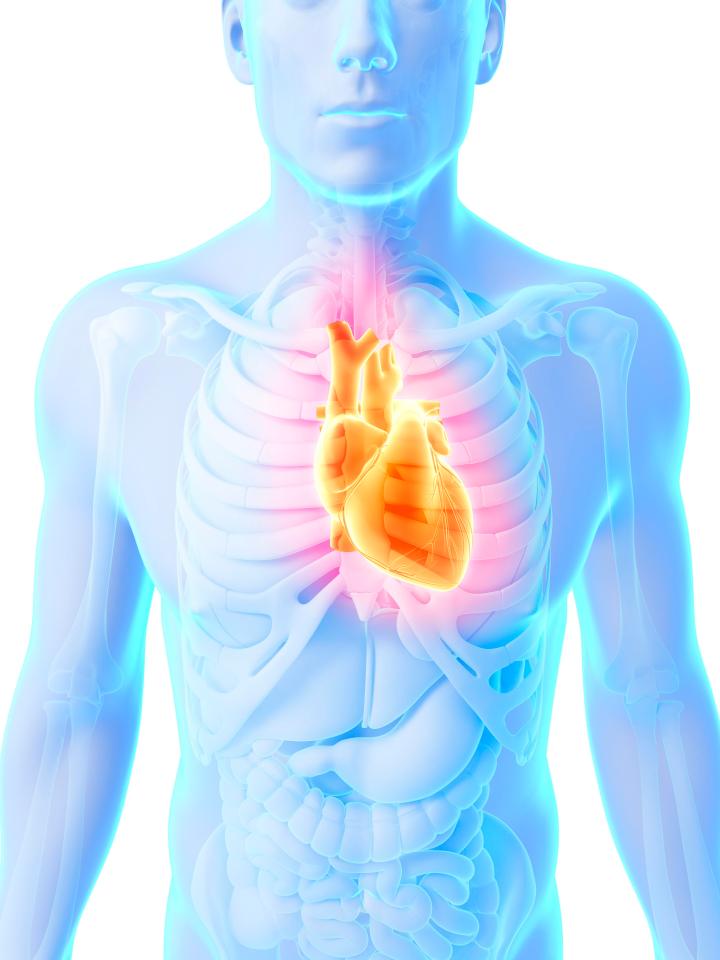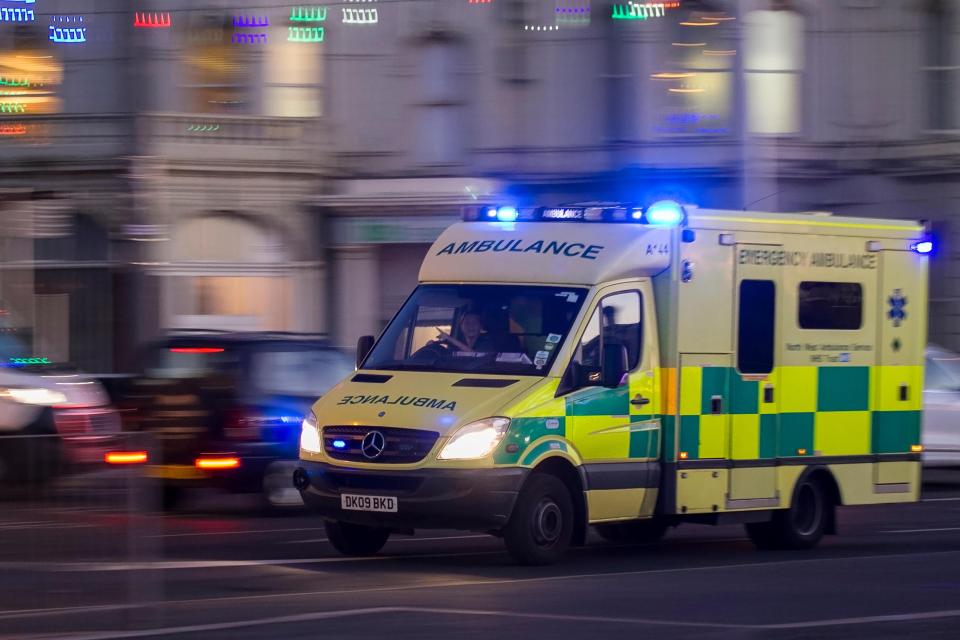How to tell if YOU are having a heart attack – as docs miss vital signs in ‘one in six fatal cases’
Medics are failing to spot early signs in thousands of Brits rushed to hospital each year

DOCTORS are missing vital warning signs in one in six people who go on to have a fatal heart attack, a major study claims.
It warns a "lack of vigilance" by medics is costing lives.
Experts found around 16 per cent of 136,000 people who died of a heart attack had been treated in hospital in the previous month.
But no mention of tell-tale symptoms were noted in their records.
This was despite them suffering from chest pain, shortness of breath and fainting.
Imperial College London researchers looked at nearly 450,000 admissions for heart attacks – including 136,000 deaths.
Around 16 per cent of those who died – one in six – had been treated in hospital in the previous month.
Lead researcher Dr Perviz Asaria, from the School of Public Health at Imperial, said: “Doctors are very good at treating heart attacks when they are the main cause of admission.
"But we don’t do very well treating secondary heart attacks or at picking up subtle signs which might point to a heart attack death in the near future.”
HOW DO I KNOW IF I'M SUFFERING A HEART ATTACK?
A heart attack happens when the heart muscle is starved of oxygen-rich blood, causing damage to your heart.
If you think you're suffering a heart attack dial 999 immediately.
What are the signs of a heart attack?
Symptoms do vary from person to person, but the most common signs are:
- chest pain, tightness, heaviness or a burning feeling in your chest
- pain in your arms, neck, jaw, back or stomach - for some people the pain is severe while for others it's just uncomfortable
- sweating
- feeling light-headed
- becoming short of breath
- feeling sick or vomiting
What's the difference between a heart attack and cardiac arrest?
A heart attack is where there's a sudden loss of blood to the heart, most often caused by heart disease.
A cardiac arrest is when your heart stops pumping blood.
Someone who's suffering a cardiac arrest will be unconscious and won't be breathing properly.
What causes a heart attack?
Most heart attacks are caused by heart disease - a build-up of fatty material in your arteries.
This narrows the arteries and allows less blood through.
If a piece of fatty material breaks off it can cause a blood clot, or blockage in the artery, stopping oxygen-rich blood getting to the heart.
Source:
Dr Asaria said victims were much less likely to die if a heart attack was recorded as their main reason for hospital admission.
It suggests these patients received better treatment.
Signs of a heart attack include sudden chest pain or a “crushing” sensation that may spread down either arm.
Patients may also experience nausea.
But some heart attacks have more subtle symptoms that can be overlooked.
RELATED STORIES
The research is published in The Lancet Public Health.
Around 190,000 Brits are rushed to A&E with a heart attack each year.
Experts said more needs to be done to be done to pick up high-risk patients earlier.
Researcher Professor Majid Ezzati, also from the School of Public Health at Imperial, said: “We cannot yet say why these signs are being missed.
“Recommendations for change might include updated guidance for healthcare professionals, changes in clinical culture, or allowing doctors more time to examine patients and look at their previous records.”
Professor Jeremy Pearson, Associate Medical Director at the British Heart Foundation, said: “This study shows that large numbers of people who die of a heart attack have visited hospital in the month before, but have not been diagnosed with heart disease.
“This failure to detect warning signs is concerning and these results should prompt doctors to be more vigilant, reducing the chance that symptoms are missed, and ultimately saving more lives.”













